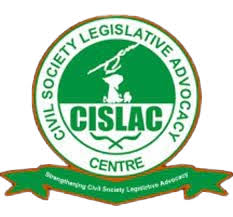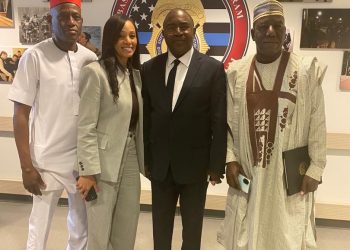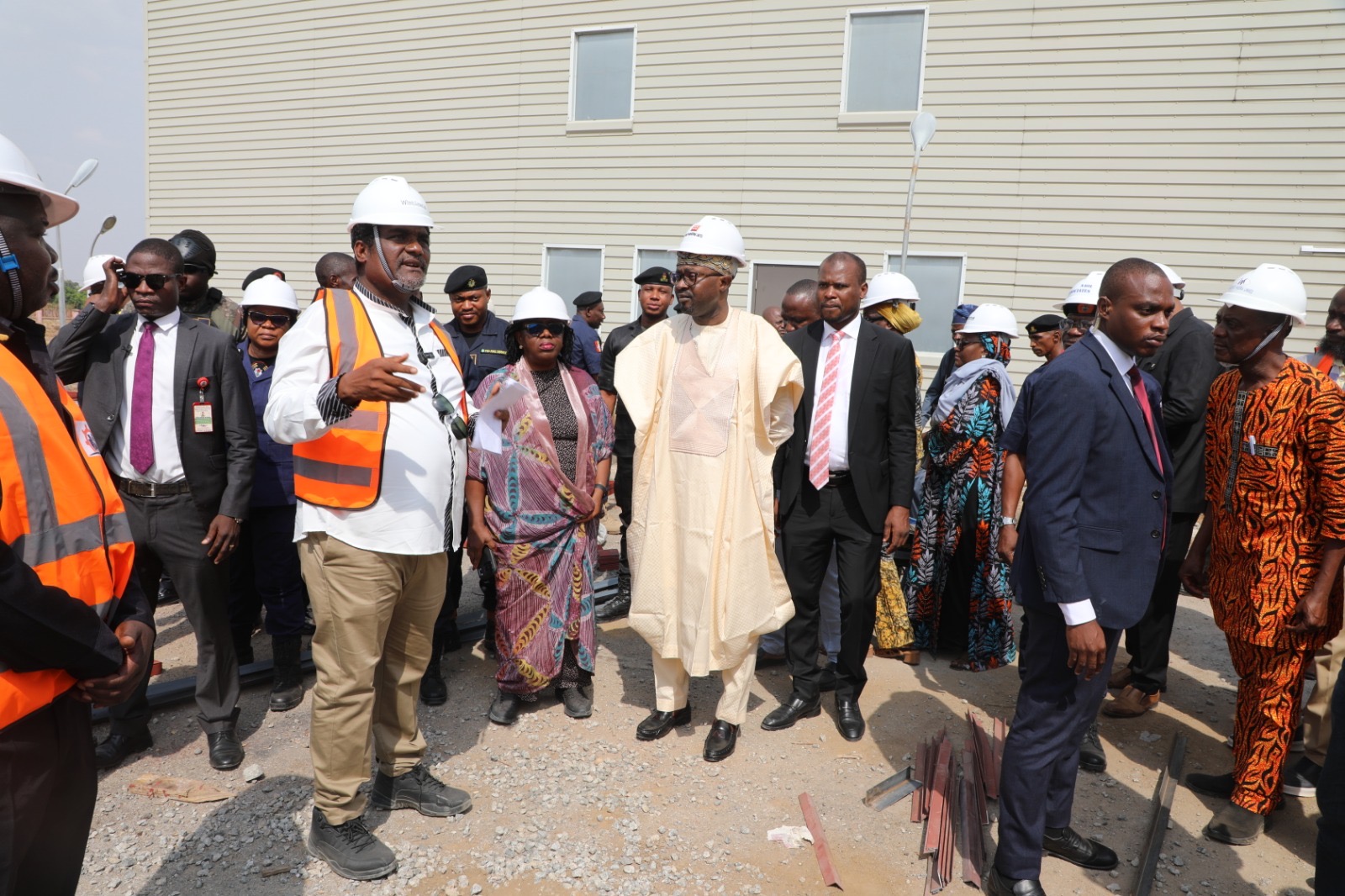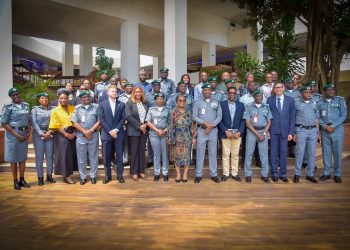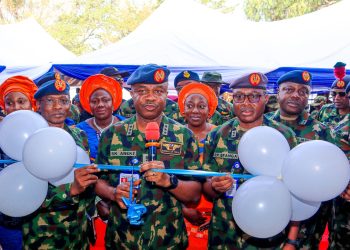By Nkechi Eze
A two-day stakeholders’ dialogue on addressing contradictory provisions in the Freedom of Information Act and the Official Secrets Act as they relate to defence and security information disclosure has ended in Enugu with a strong call for urgent legislative and policy reforms to enhance transparency, accountability, and civilian oversight of Nigeria’s security sector.
The dialogue, convened by the Civil Society Legislative Advocacy Centre (CISLAC) and Transparency International Nigeria (TI-Nigeria), in collaboration with the Transparency International Defence and Security Programme, was supported by the Ministry of Foreign Affairs of the Netherlands under the project “Protecting Human Security by Tackling the Vicious Cycle of Corruption.” The event, held at Residential Hotels in Enugu State from 20th to 21st August 2025, brought together security agencies, civilian oversight bodies, civil society organisations, youth networks, and the media in an intensive brainstorming session on reconciling contradictory laws and strengthening access to information in the defence and security sector.
In his opening remarks, the Executive Director of CISLAC/TI-Nigeria, Auwal Ibrahim Musa (Rafsanjani), underscored the urgency of enhancing information disclosure as a foundation for accountability and public trust in the security sector. The meeting featured paper presentations on navigating contradictory legal provisions for enhanced transparency and accountability, information disclosure in the defence and security sector, as well as targeted syndicate group sessions that examined the implementation of the Freedom of Information Act, global best practices, and approaches for integrating international standards into Nigeria’s legal and institutional frameworks.
At the end of the dialogue, participants noted that entrenched personal interests and a self-serving mindset continue to fuel a culture of secrecy within defence and security institutions, frustrating public access to critical information and weakening external oversight. They also observed that cordial but unstructured working relationships between sub-national civil society groups and security agencies often hamper efforts to deepen the demand for transparency and accountability. Outdated and contradictory legal provisions were identified as major impediments to the effectiveness of the Freedom of Information Act, alongside a lack of citizen awareness of fundamental rights enshrined in the 1999 Constitution and other regional and international legal instruments.
Stakeholders expressed concern that over-classification of information, administrative bottlenecks, and deliberate information blockages within security institutions continue to undermine transparency in financial, procurement, and operational systems. They stressed that poor knowledge of global standards guiding information disclosure, combined with conflicting provisions in the FOI Act, Criminal Code Act, and Public Procurement Act, has created significant barriers to proactive disclosure and the public’s right to information.
In response, the dialogue produced wide-ranging recommendations aimed at strengthening both internal accountability mechanisms within the security sector and external oversight by civil society and the media. Participants called for the urgent review and harmonisation of the FOI Act, Public Procurement Act, and the Official Secrets Act to reflect present realities and ensure that citizens’ rights to information are protected. They emphasised the need for deliberate policy and legislative actions to clearly differentiate between classified and non-classified information in defence procurement, finance, and operations, while aligning disclosure practices with global standards and Transparency International’s recommendations.
The communiqué further urged the institutionalisation of a centralised portal for proactive information disclosure in the defence and security sector, the strengthening of the Office of the Auditor-General of the Federation with adequate resources and authority to scrutinise defence expenditure and procurement, and improved engagement between civil society and the military through sustained dialogue, trust-building, and cooperation. Participants also advocated for greater public awareness campaigns to empower citizens to demand accountability, capacity-building for civil society and oversight institutions, and legal protections for applicants seeking access to information.
The meeting concluded with a strong message that sustainable civil-military relations must be anchored on trust, transparency, and accountability, with reforms ensuring that the Nigerian defence and security sector operates not in secrecy but in service of the people.
The communiqué was jointly signed by Auwal Ibrahim Musa (Rafsanjani), Executive Director of CISLAC/TI-Nigeria; Chineye Godwin of ICYE, Enugu; and Alex Chinaemere of the Civil Society Steering Committee, who all reaffirmed their commitment to driving advocacy and engagement until the needed reforms are achieved.


